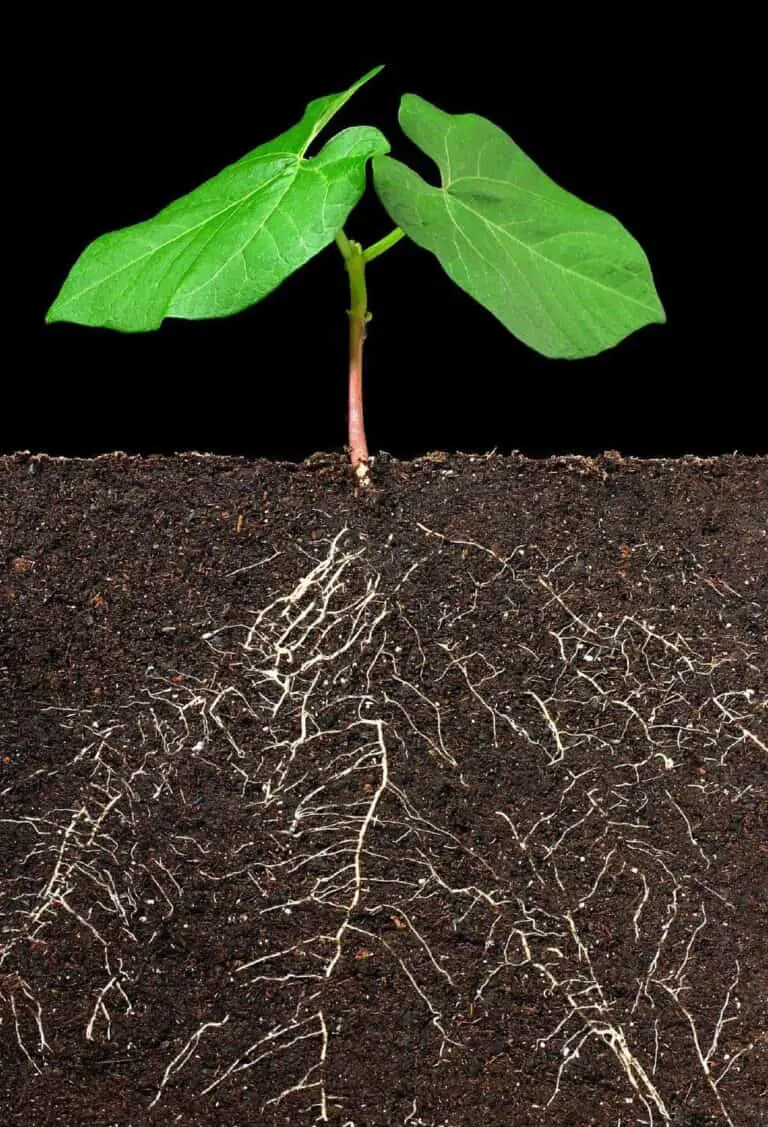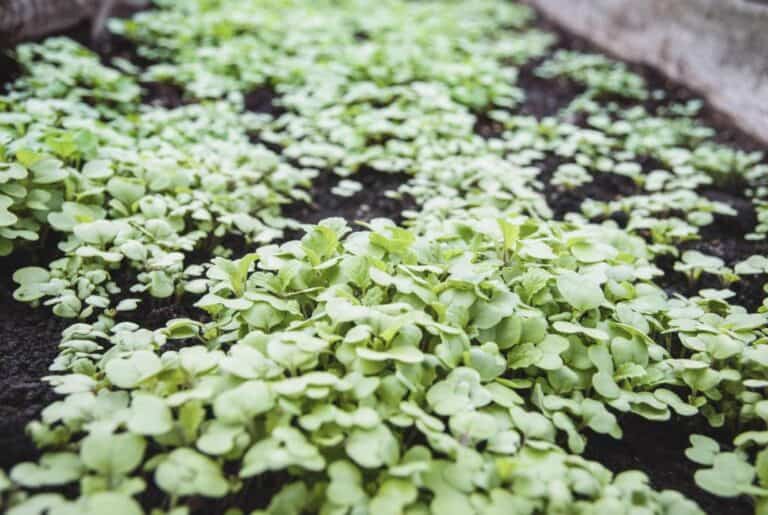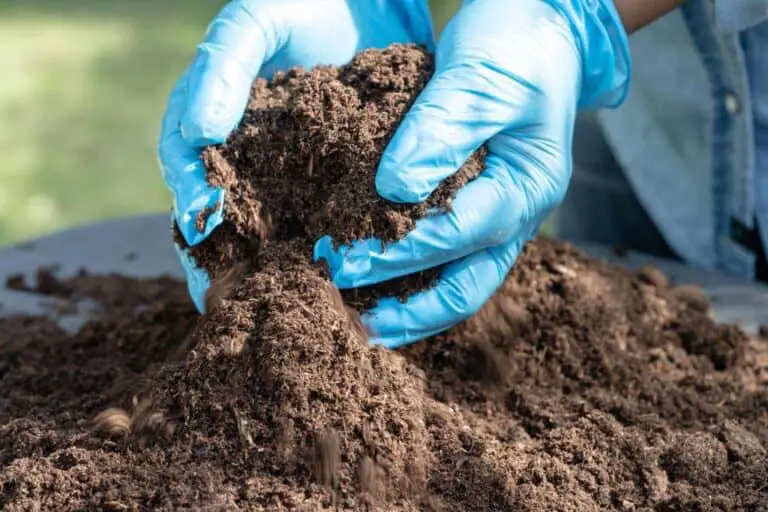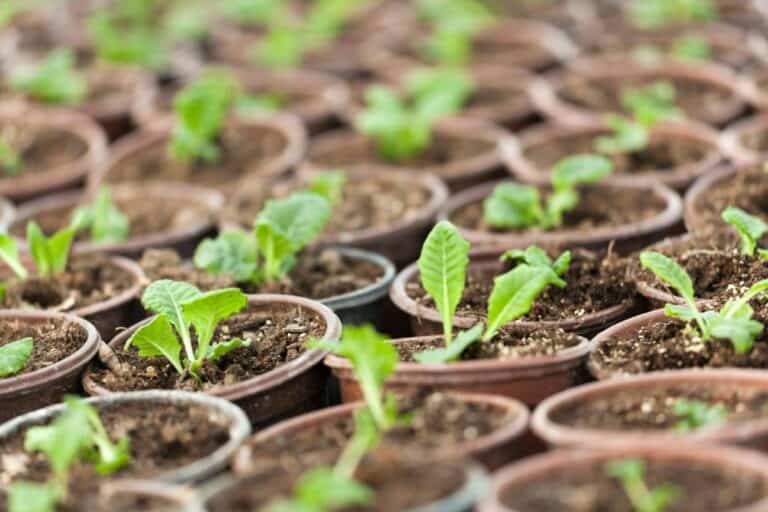Can You Use Chicken Manure for Fertilizer? Sustainable Soil Enrichment
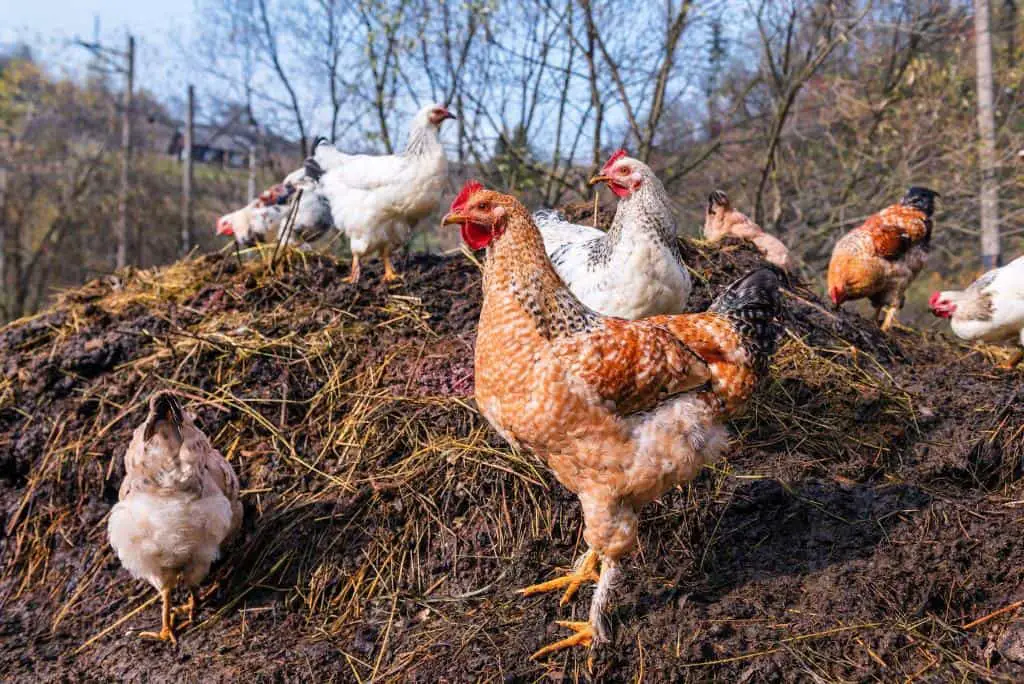
In the world of sustainable gardening and agriculture, the quest for the perfect fertilizer is like searching for the Holy Grail. But what if I told you that the answer might be clucking right under your nose? Yes, we’re talking about chicken manure—the unsung hero of soil enrichment.
As more and more people turn to eco-friendly and organic methods for their gardening needs, the question of whether you can use chicken manure for fertilizer is becoming increasingly relevant. It’s not just about giving your plants a boost; it’s about doing so in a way that’s environmentally conscious and sustainable.
In this article, we’ll dive deep into the world of poultry-derived fertilizer, exploring its benefits and potential pitfalls. We’ll uncover the science behind why chicken manure is a valuable asset for your garden, how to use it effectively, and the essential tips for maintaining a healthy and sustainable soil ecosystem.
So, if you’re ready to discover the secret to bountiful harvests while treading lightly on Mother Earth, keep reading!
The Nutrient-Rich Benefits of Chicken Manure for Fertilizer
Once chicken manure has been adequately composted or aged, it becomes a valuable fertilizer with several benefits for your garden:
- Rich in Nutrients: Chicken manure and its associated litter are exceptionally nutrient-rich, containing high levels of nitrogen (N), phosphorus (P), potassium (K), and calcium (Ca). These are essential elements for plant growth.
- Organic Matter: Besides nutrients, chicken manure is rich in organic matter. Organic matter improves soil structure, water retention, and beneficial microbial activity.
- Slow-Release Nutrients: Composted chicken manure provides a slow and steady release of nutrients to plants. This gradual nutrient release is particularly beneficial for long-term plant health and growth.
- Soil Amendment: Chicken manure acts as a soil amendment, improving soil quality by enhancing its fertility, texture, and water-holding capacity.
Can You Use Chicken Manure for Fertilizer?
Yes, chicken manure can be used as fertilizer, but it should be composted or aged prior to use. Fresh chicken manure can burn and damage plants, and it can contain pathogens that can harm people and animals.
Composting or aging the manure properly destroys disease-causing organisms, making chicken manure safe to use around plants, people, and pets. Composted chicken manure provides a slow-release source of macro- and micronutrients and acts as a soil amendment.
Chicken manure and the associated litter are higher in nitrogen, potassium, phosphorus, and calcium and are also rich in organic matter. Compared to other types of animal manures, chicken manure is one of the highest sources of key garden nutrients and is considered by many experts to be the best of the animal manures for use in the garden.
The Need for Composting
Fresh chicken manure, straight from the coop, is a potent source of nutrients but can be too harsh for your plants and pose health risks to both people and animals. The primary reasons for composting or aging chicken manure are as follows:
- Avoid Plant Damage: Fresh chicken manure is high in nitrogen, and its ammonia content can be harmful to plants. It can “burn” plants if applied directly, causing damage to their roots and foliage.
- Eliminate Pathogens: Chicken manure may contain harmful pathogens, such as E. coli and Salmonella, which can pose health risks to humans and pets. Composting or aging the manure helps eliminate these disease-causing organisms.
- Enhance Nutrient Availability: Proper composting breaks down the manure, making its nutrients more readily available to plants. This results in a slow-release source of essential macro- and micronutrients.
Composting Chicken Manure (Step-by-step)
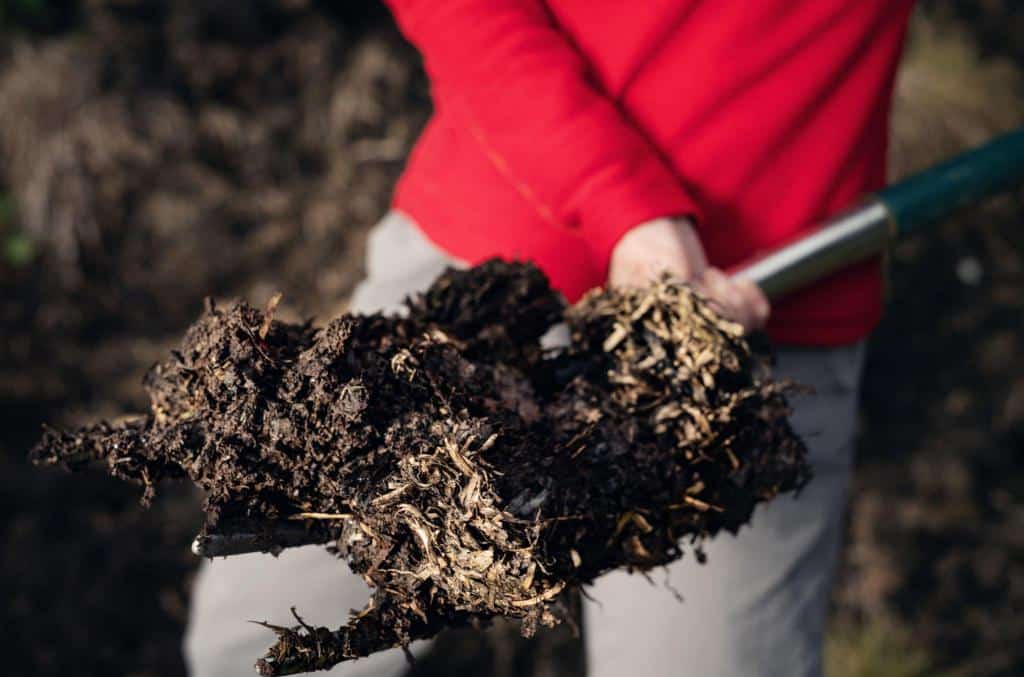
Composting chicken manure is a straightforward process that anyone can master. Here’s a step-by-step guide to help you turn your chicken manure into a nutrient-rich, safe fertilizer for your garden:
Table 1: Steps to Composting Chicken Manure.
| Step | Description |
| Gather Materials | Collect chicken manure, straw, or other carbon-rich materials. |
| Mix Materials | Combine manure and carbon materials in a compost bin or pile. |
| Maintain Moisture | Keep the compost moist, similar to a wrung-out sponge. |
| Turn the Pile | Regularly turn the compost to aerate and promote decomposition. |
| Monitor Temperature | Ensure the pile reaches and maintains a temperature of 130-150°F (54-65°C). |
| Allow Maturation | Let the compost mature for at least 3-6 months. |
| Perform the Smell Test | Confirm that the compost no longer smells like manure. |
| Use Compost | Apply the finished compost to your garden soil. |
How to Apply Your Composted Chicken Manure
Once your chicken manure has been properly composted, it’s ready to enrich your garden soil. Follow these guidelines for application:
- Spread Evenly: Apply the composted chicken manure and spread it evenly over the soil surface in your garden or around your plants.
- Incorporate into Soil: Lightly incorporate the composted manure into the soil using a rake or garden fork. This ensures that the nutrients are available to the plant’s roots.
- Timing: Apply the composted chicken manure in the spring or fall before planting or as a side dressing for established plants during the growing season.
- Quantity: Use chicken manure compost sparingly. A 1-2-inch layer is generally sufficient for most garden beds.
Safety Precautions
When working with chicken manure, especially during composting, consider these safety precautions:
- Wear Gloves: Always wear gloves when handling chicken manure to reduce the risk of contamination.
- Wash Hands: Wash your hands thoroughly after working with chicken manure.
- Avoid Fresh Manure: Never use fresh chicken manure in your garden without proper composting.
- Keep Pets Away: Prevent pets from coming into contact with fresh manure or compost.
Using Chicken Manure Fertilizer in Organic Farming
Chicken manure plays a crucial role in organic farming. It’s a nutrient-rich, sustainable, and cost-effective option for enriching soil and promoting healthy plant growth. Organic farmers, in particular, appreciate its eco-friendly benefits. To understand its role better, let’s dive into three key aspects.
Firstly, meeting organic certification standards is a priority for organic farmers. Chicken manure aligns perfectly with these standards, as it’s a natural byproduct of poultry farming, free from synthetic chemicals. Organic regulations require that farmers use only organic inputs like chicken manure to maintain soil health and sustainability.
Secondly, integrating chicken manure with other organic fertilizers can create a powerful synergy. Composting chicken manure with plant residues or other organic materials enhances its nutrient content and microbial activity, improving soil structure and plant nutrient uptake. This combination maximizes the benefits for crops while maintaining the organic integrity of the farming practices.
Conclusion
Chicken manure, rich in nutrients and organic matter, can indeed be used as an effective fertilizer for your garden. However, there are essential considerations and steps to follow to ensure that chicken manure benefits your plants without causing harm.
Chicken manure, when properly composted, is a fantastic resource for enhancing the health and productivity of your garden. Its rich nutrient content, organic matter, and slow-release properties make it a valuable fertilizer and soil conditioner.
However, it’s crucial to approach its use with care and attention to safety, both for your plants and your health. By following the recommended steps for composting and application, you can harness the benefits of chicken manure to cultivate a thriving garden while minimizing any potential risks. Happy gardening!
FAQs on Composting Chicken Manure for Soil Enrichment
Is chicken manure fertilizer safe for vegetables?
Chicken manure fertilizer is safe for vegetables when used properly. Composted or aged chicken manure is the safest option. Avoid direct contact with edible parts of the plant, and ensure a waiting period of at least 120 days between applying fresh manure and harvesting vegetables to minimize the risk of contamination.
What are the best practices for storing chicken manure?
Storing chicken manure requires proper ventilation and containment. Store it in a covered, well-ventilated area, away from water sources. Regularly turn the pile to promote decomposition, reduce odor, and prevent nutrient runoff.
How long does it take for chicken manure to compost?
Chicken manure typically takes six months to a year to fully compost. The composting process involves the microbial breakdown of organic matter, reducing pathogens and odors while converting it into a valuable, safe soil conditioner.
Are there any odor issues associated with using chicken manure as fertilizer?
Yes, chicken manure can produce strong odors, especially when fresh. To mitigate this, proper composting and aeration are essential. Turning the compost pile regularly and providing adequate ventilation will help reduce unpleasant odors.
Can I use chicken manure from backyard chickens, or is commercial chicken manure better?
Both backyard and commercial chicken manure can be used, but proper composting is crucial for safety. Backyard chicken manure may have fewer contaminants, but regardless of the source, composting is essential to ensure it’s safe for your plants.
Is there a recommended ratio of chicken manure to soil for different plants?
The ideal ratio of chicken manure to soil varies depending on plant types and soil conditions. As a general guideline, a ratio of 1 part chicken manure to 4 parts soil is a safe starting point for most garden plants. However, it’s best to conduct a soil test and consider the specific needs of your plants for more precise recommendations.

